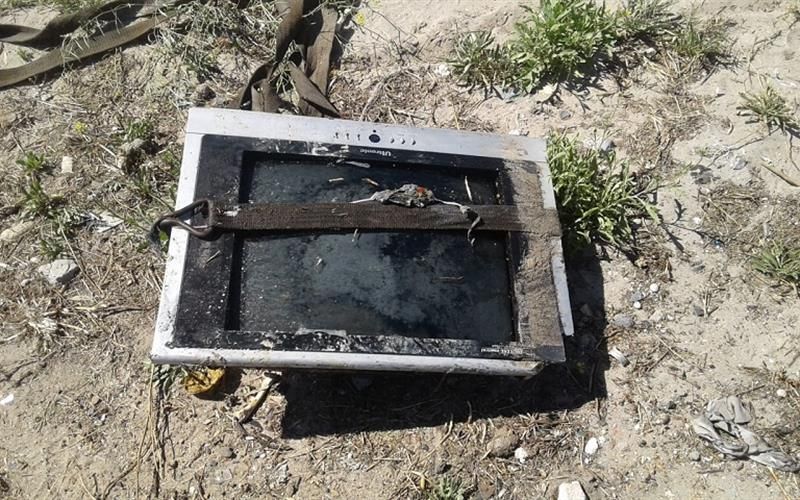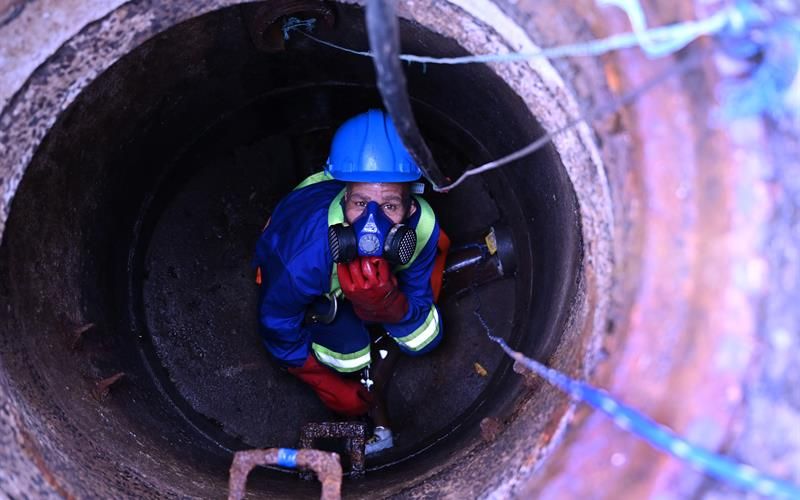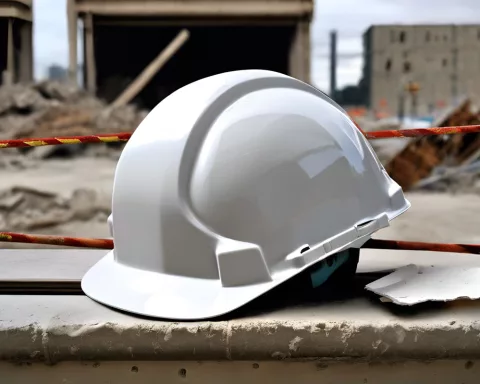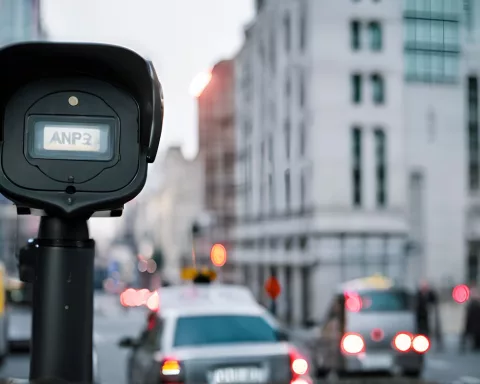Cape Town is well-known for its picturesque beaches and the iconic Table Mountain. However, beneath the surface lies an ongoing battle against unusual sewer blockages. Over the past year, the City’s Water and Sanitation Directorate spent nearly R417 million addressing this issue. The culprits of these blockages are not the average waste materials one might expect. Tyres, rags, clothes, kitchen cutlery, TVs, and even car parts have been extracted from the city’s sewer pipes.
The Extent of the Problem
85% of sewer blockages result from the illegal dumping of such items into manholes or through sinks and toilets. This problem extends throughout the city. Recently, workers removed a mattress from a sewer in Lavender Hill, requiring specialized equipment and four hours of labor to complete the task. To combat this, the Water and Sanitation Directorate has implemented proactive efforts like the Winter Preparedness program, which includes jet cleaning sewer pipelines.
A Call for Community Action
Mayoral Committee Member for Water and Sanitation, Councillor Zahid Badroodien, appeals to citizens and community leaders to take responsibility and collaborate with the City in these efforts. It’s ultimately up to the communities to prevent sewer blockages since the City cannot effectively police what residents flush down their toilets or wash down their sinks.
Guidelines for Residents
Residents can assist in reducing sewer overflows and maintaining the sanitation service by following these guidelines:
- Only flush human waste and toilet paper.
- Use the City’s solid waste services to dispose of waste properly.
- Report sewer blockages and overflows through the City’s official channels.
- Inform the authorities of any vandalism to the sewage reticulation system, as well as stolen or missing sewer manhole covers.
- Use the City’s drop-off facilities to discard solid waste and recyclables.
How to Report Water and Sanitation-related Issues
Residents can contact the City through the following channels to report water and sanitation-related issues:
- WhatsApp: 060 018 1505
- Online: www.capetown.gov.za/servicerequests
- Email: water@capetown.gov.za
- SMS: 31373 (maximum 160 characters, standard rates apply)
- Call: 0860 103 089
- Visit a City walk-in centre (find the nearest one at www.capetown.gov.za/facilities)
The severity and scope of Cape Town’s struggle against sewer blockages highlights the importance of community action and cooperation. By working together, residents can protect their city’s infrastructure and preserve its natural beauty for future generations.








